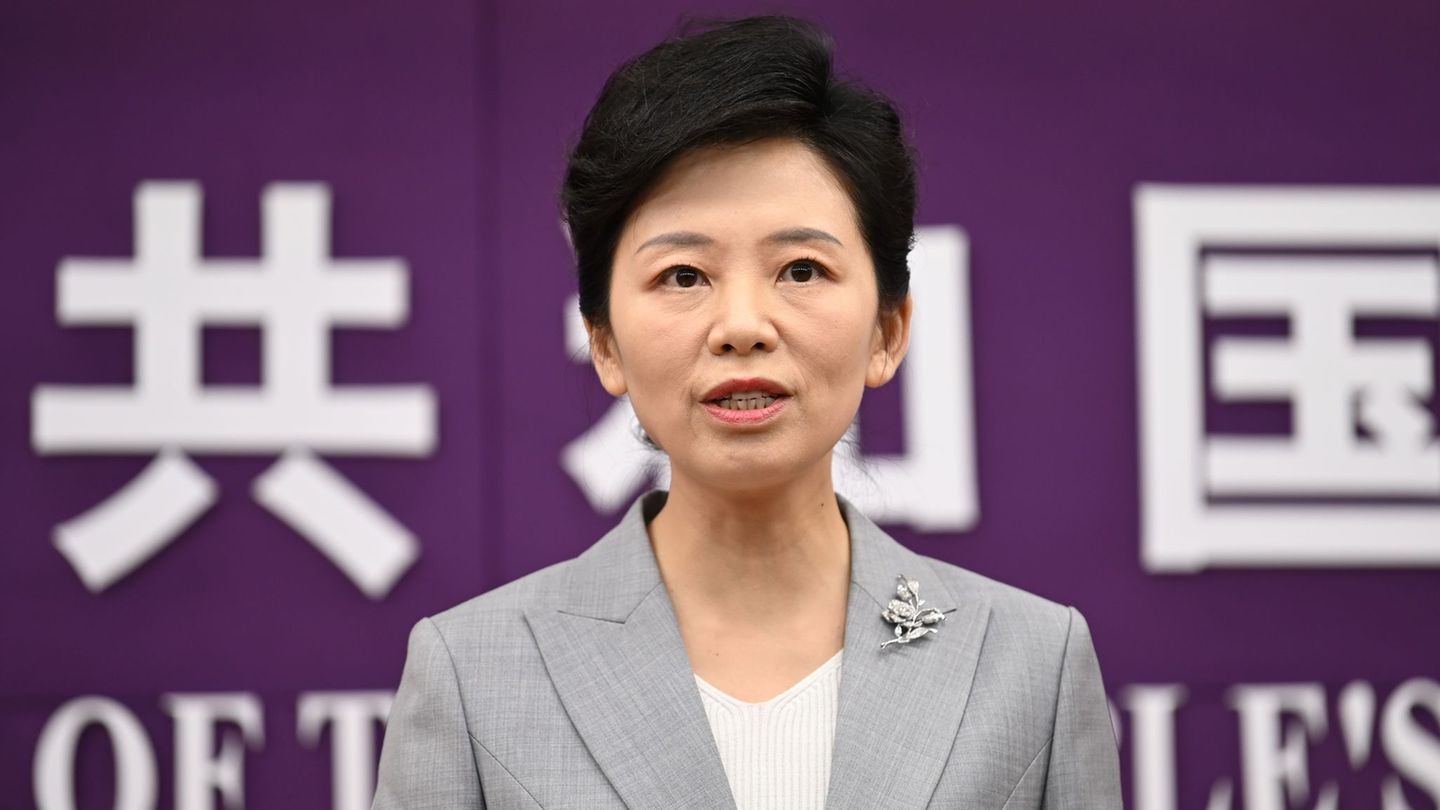In The market did not expect that the omnibus law would end on a clean sheet. Even with the multiple changes introduced by the Chamber of Deputies, It was welcomed that the debate would advance. Its surprise withdrawal will now put operators on the defensive.
Investment advisors are recommending their clients take a defensive position in the face of the complications of the political scenario. Make the profits that have been achieved so far and See how Javier Milei’s fight with the political system as a whole unfolds.
It’s not that they don’t like the changes the president wants. The only thing that generates a lot of noise is the constant fighting. At this point in the game, What is requested is rather agreements and governance. The idea of being in constant conflict does not seem good. They make no distinction between “good and bad” in the political system. Nor would the idea of trying to pressure Congress and the governors through popular consultations, as the ruling party suggests, help.
Although what he says is true the Minister of Economy, Luis Caputo, in the sense that “whether or not the law is voted on will not change the economic course” since, as he said, “more than what is collected is not going to be spent and the Central Bank is not going to finance the treasury,” which Complicating the Executive Branch is the political impact of the defeat in Deputies.
“Let’s not dramatize what happened today – he said on his social networks – we all know that there are a handful of legislators who want everything to remain the same, even though people voted for a change.”
The market considers that the law is not required for this transition stage, but the impact of the defeat poses doubts to operators about the government’s ability to achieve consensus and carry out a policy that takes the country out of recession.
Some analysts consider that The government “squandered” the political capital necessary to carry out the economic plan, while others consider that the government is not looking that every program has to take into account political restrictions.
Thus, it is expected that several of the Argentine assets go down. Hard dollar stocks and bonds. The least affected would be assets in pesos adjustable by dollar or by inflation. An imminent devaluation is ruled out for the moment.
Several analysts assume that although the crawling peg rate is far behind inflation and that the fuel that the December devaluation gave it is about to run out, The government has neither dollars nor an economic plan to devalue again in March.
So, The recommendation they are giving to their clients is to take the profits that have been done so far and wait for the political scene to calm down again.
Whoever remained with a positive outlook regarding the fall of the law is the former Minister of Economy, Martín Guzmán, who on their social networks. Guzmán celebrates that with the fall of the project the Financial Administration Law remains in force that prevents the Executive Branch from taking on debt in external markets without going through Congress and that requires better conditions to be obtained in the event of a restructuring.
Source: Ambito
I am a 24-year-old writer and journalist who has been working in the news industry for the past two years. I write primarily about market news, so if you’re looking for insights into what’s going on in the stock market or economic indicators, you’ve come to the right place. I also dabble in writing articles on lifestyle trends and pop culture news.




